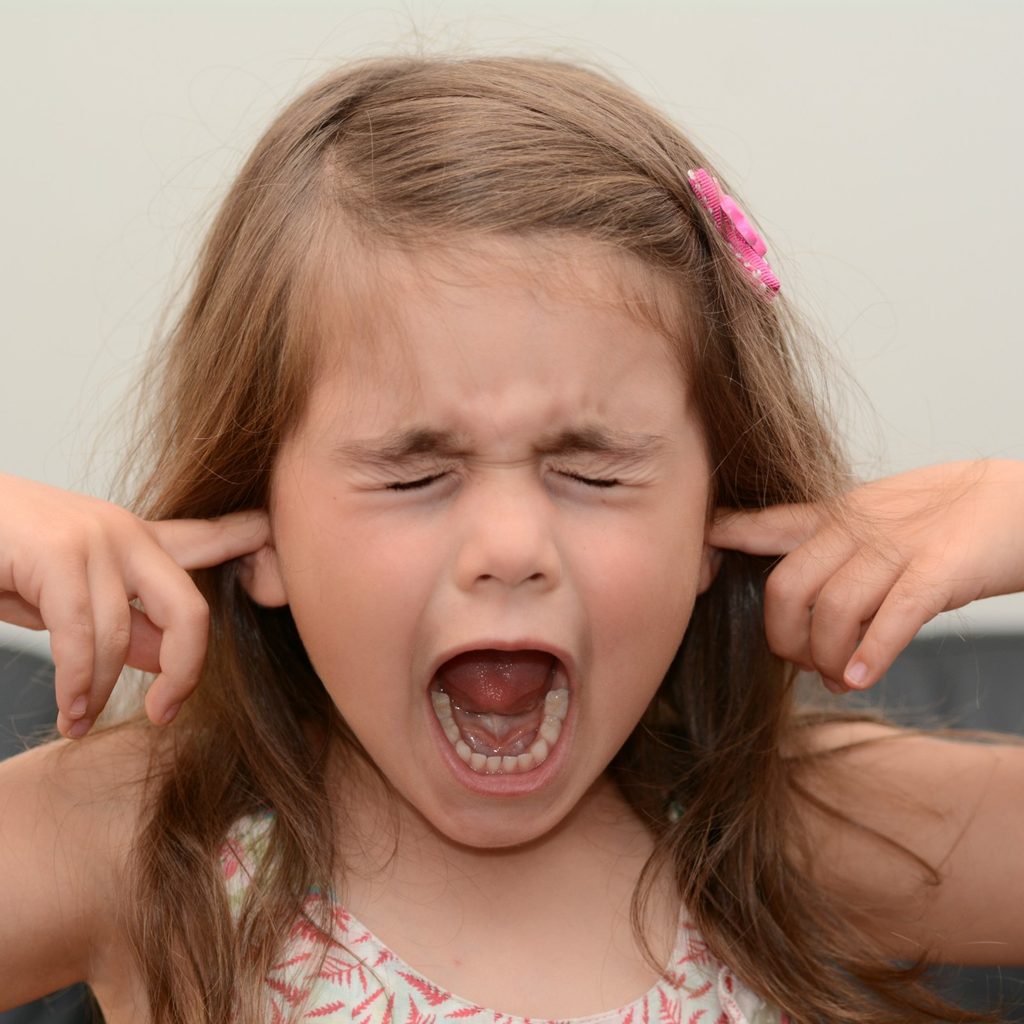Screaming can be pretty unpleasant, but researchers have found that people feel better after crying if they have emotional support, it leads to a resolution or better understanding, or if they cry because of a positive event. Your goal doesn’t always have to be to stop your child from yelling or screaming. Shedding a few tears may be good for children (and adults!). Before deciding what to do, ask, “Why is my child screaming?” Identifying the source will help you give the best answer to the situation.
Reasons for screaming

The following are reasons why parents find their baby crying, as well as some tips on how you can respond to the causes:
Your child is tired: One of the most common reasons children scream is because they are tired. Rampant tiredness can lead to outbursts of anger and other outbreaks of seemingly irrational behavior. You cannot avoid fatigue that frequently causes outbursts in a child, but you can minimize it by establishing a routine sleep program. Depending on the time of day, if your child is about to have an outburst but seems to be sleepy, it may be appropriate to give them a nap to regain control.
Your child is hungry: Adults also call it “hangry.” Your child most likely will tell you when they want a snack — unless they’re have too much fun playing and get distracted. Another reason is if your little one wakes up from a nap and it’s been three or four hours since they’ve eaten anything. If your child hasn’t eaten for some time and heir mood quickly darkens, try to give them a bite to eat. Keeping a few healthy snacks on hand can promptly reduce tears when you’re away from home.
Your child is overstimulated: Exciting playgrounds, bouncy castles, or birthday parties are precisely where a child wants to be. At some point, however, the excitement may become way too much for some children. Sometimes, your child may be unable to express what is wrong in those types of situations. You may see tears when your child is overstimulated. If your little one seems to be screaming for no reason when you are in a noisy or busy place, try to give them a break. Move them outside or to a quieter room and let them sit for a few minutes to calm them down.
Your child is stressed: Stress is an excellent reason for tears, especially in older children. They can be stressed by what is happening around them, such as problems at their parents’ wedding, a move, or change of school. A child can become unusually tearful when they’re feeling the weight of stressful life events, even those that do not directly affect them. Younger children who are stressed need the help of an adult to change the environment. By helping them reduce stressful situations, it will help them learn how to successfully manage their emotions.
Your child wants attention: Sometimes, it seems that tears come from nowhere. In a minute, your child is playing happily, you turn your shoulders, and they begin sobbing. Your child knows that screaming is a great way to get their attention. Attention, although negative, strengthens that behavior in a child. Ignore attention-seeking behavior. Avoid eye contact and don’t start a conversation if your child seeks your attention. Your child will see that it is not fun to whine or shout out loud if they don’t have a captive audience.
Your child wants something: Most young children do not usually understand the difference between their desires and needs. If children want something, they typically declare it — right now. If your child insists on playing with a fragile object or want you to take them to the park, tears of disappointment and despair will happen.
When to seek professional help
If your child seems to scream more than you think is normal or cannot be comforted, talk to your pediatrician. Sometimes, an underlying medical problem, such as an undiagnosed ear infection that causes pain, may be the cause of your child’s constant tears. Once you know that everything is all right physically, you can work together to reduce your child’s screams and have a quieter and more enjoyable time.



